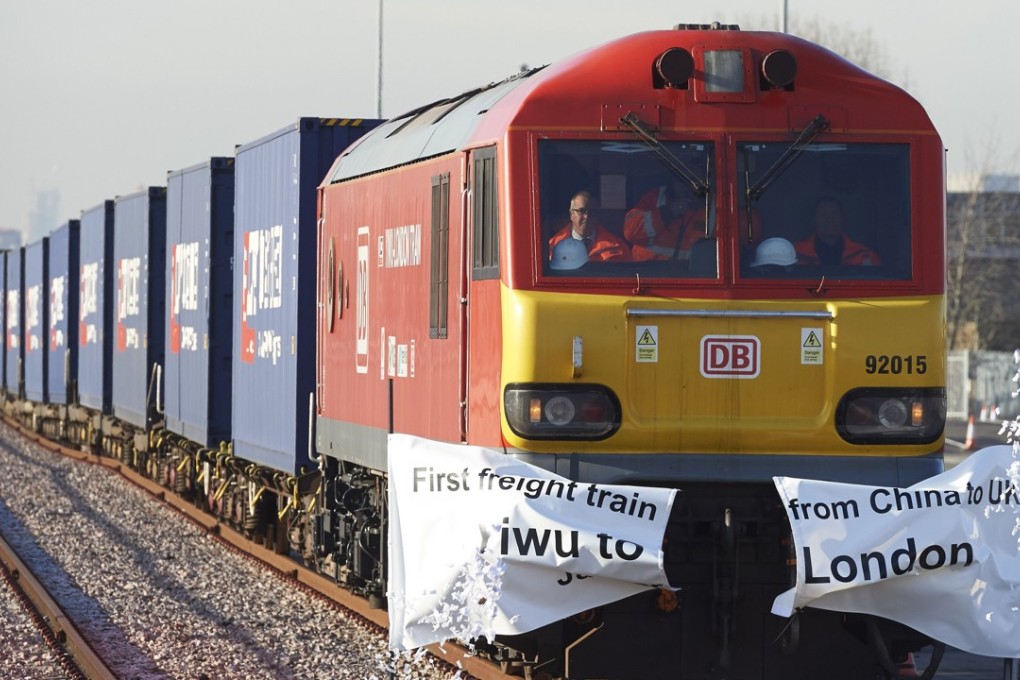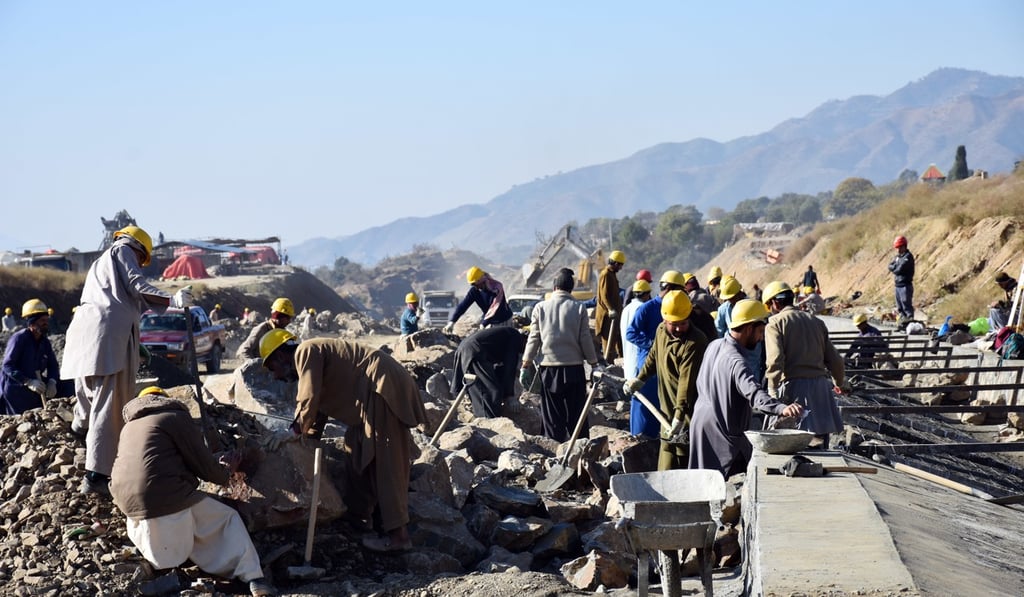Opinion | Why English law could rule on China’s belt and road disputes
China is setting up courts to handle disputes regarding its Belt and Road Initiative, but at the other end of the Silk Route, London is marketing the merits of its own legal system

This is perhaps appropriate, since English law is marketing itself as the go-to authority in any contract disputes that crop up between China and its belt and road partners, even as Beijing works on developing its own legal framework to rule on such matters “in-house”.

The belt and road, aimed at gaining access to resources and trade routes by means of large and much-needed infrastructure projects, mainly in Central and Southern Asia, is a programme as ambitious as it is elaborate. But the biggest challenge of this transnational connectivity project will probably be legal, as it will have to navigate rocky statutory waters. Inevitably, there will be legal disputes around some of these projects, and inevitably there will be many more as the belt and road picks up steam. How they are resolved will depend partly on the resolution procedures set out in each contract.
For example, if a Chinese company contracts to provide consulting services to a Turkish company about a new bridge over the Aras river, it will sign a contract describing how much it gets paid per month by the Turks. If the Turks don’t pay, or if the Chinese forget to show up, there will be a dispute and both sides will need to read the contract again to work out how to resolve their differences. The contract might require them to go to court, or to go to arbitration, depending on what the parties agreed upon before they signed the contract.
Why China-Russia relations are warming up in the Arctic
A month ago, financial media portal yicai.com reported that China was setting up courts that would handle disputes relating to the belt and road. The report was taken up by other media, but there has been little substantive analysis. There is a reason for this; it cites a communist document which has not been made public. This has echoes of the free-trade zone announcements from 2013, and follows a familiar pattern in which leaks hint at Chinese policy changes, but the regulations themselves remain secret.

